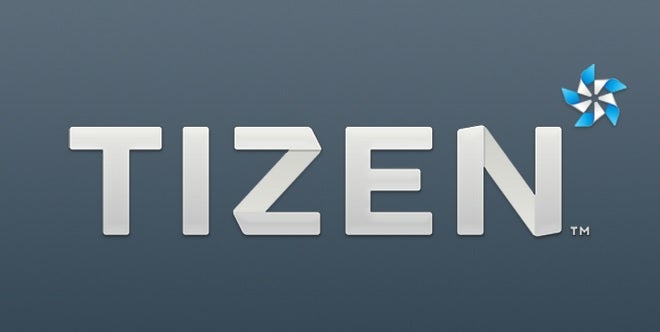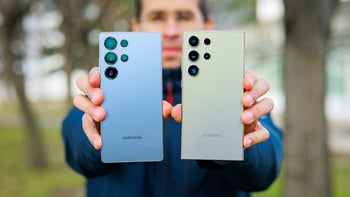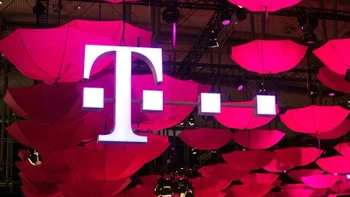Samsung's much-criticized Tizen OS is here for the long haul, notes chief

The Internet of Things is a movement that promotes the the idea of turning ordinary electronics, or 'things', into smart, Internet-connected products that are of a higher value to us. IoT envisions a world in which smartphones, tablets, and other such gadgets can seamlessly interact with entities that have never been connected in this way, and with Samsung's vested interest in the Internet of Things, Tizen will be the cornerstone of its effort to drive IoT forward.
Speaking at the SAS Forum 2015 in Korea, Choi outlined Samsung's intention to have 90% of its devices connected to the IoT by 2017, and by 2020, added that "all Samsung products will be connected to each other."
The Linux-based Tizen platform has been the subject of scorn from consumers, commentators and even rivalling companies. Andrew Sheehy, chief analyst for Generator Research, said last June in a report that the OS was "at least 5 years too late," while Richard Yu, CEO of the Consumer BG at Huawei later waded in that Tizen had "no chance to be successful."
While the fledgling platform has a considerable number of devotees, it's remains difficult to see -- given the reach and general ubiquity of Android and iOS -- where it fits in. Samsung seems hell-bent on creating its own, in-house platform, but taking on the very established and advanced platforms of Google and Apple seems a very brave, if not ill-advised move.
Still, so long as Samsung backs itself as a major advocate of the Internet of Things, Tizen probably won't be disappearing any time soon.
Follow us on Google News









![A new Android bug is making it impossible to install new apps. Are you affected? [UPDATE]](https://m-cdn.phonearena.com/images/article/176703-wide-two_350/A-new-Android-bug-is-making-it-impossible-to-install-new-apps.-Are-you-affected-UPDATE.webp)

Things that are NOT allowed:
To help keep our community safe and free from spam, we apply temporary limits to newly created accounts: